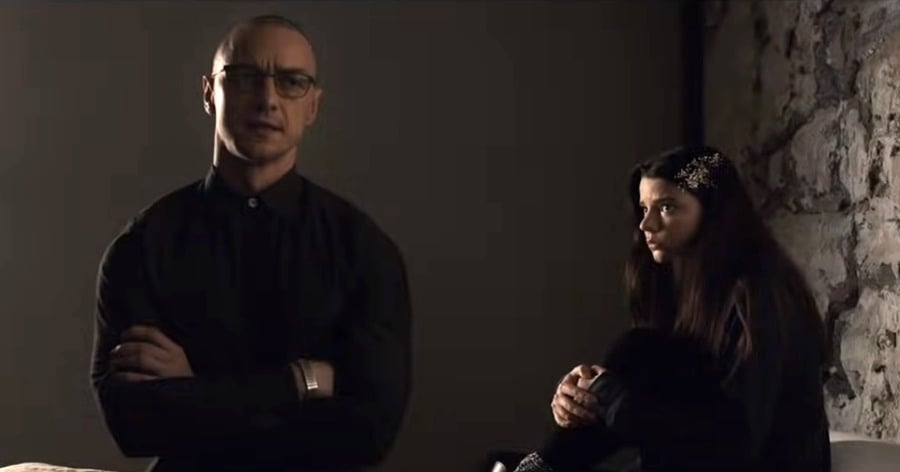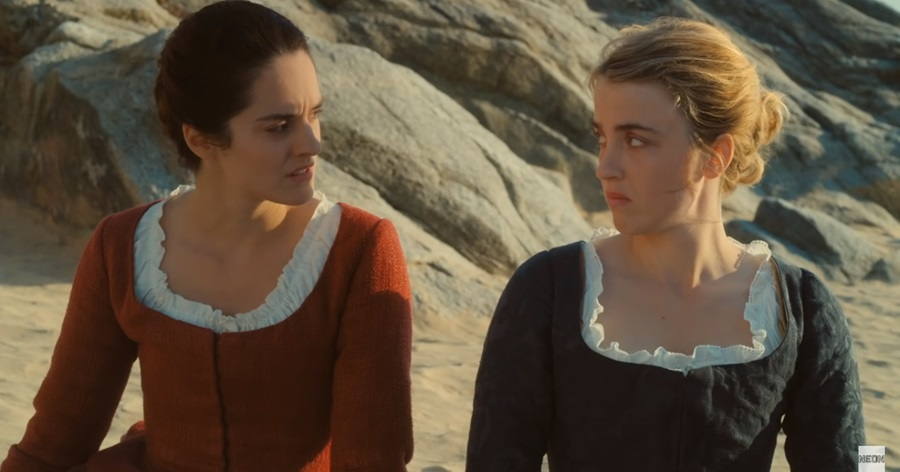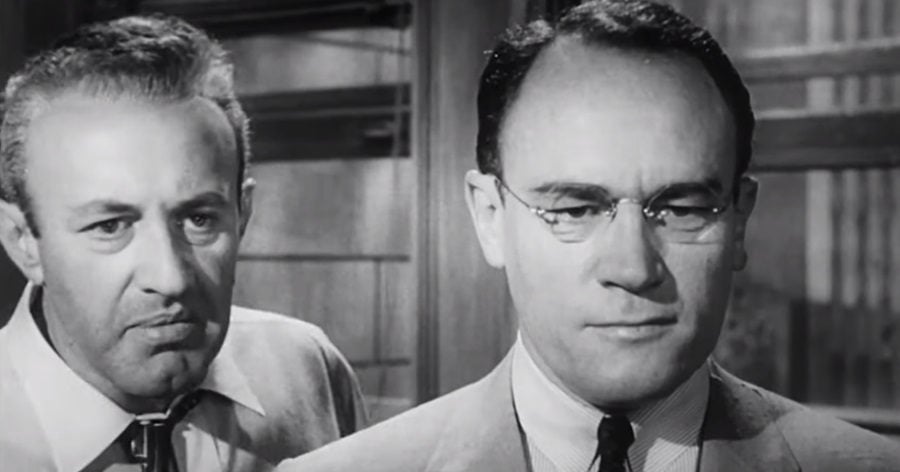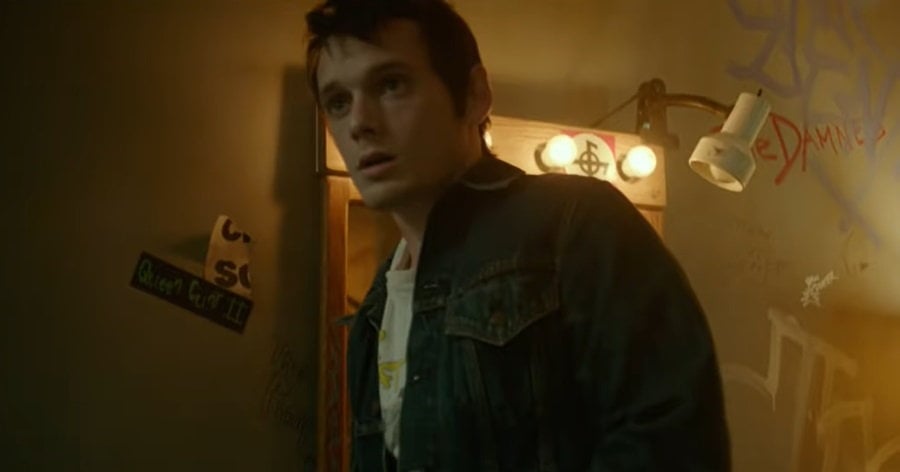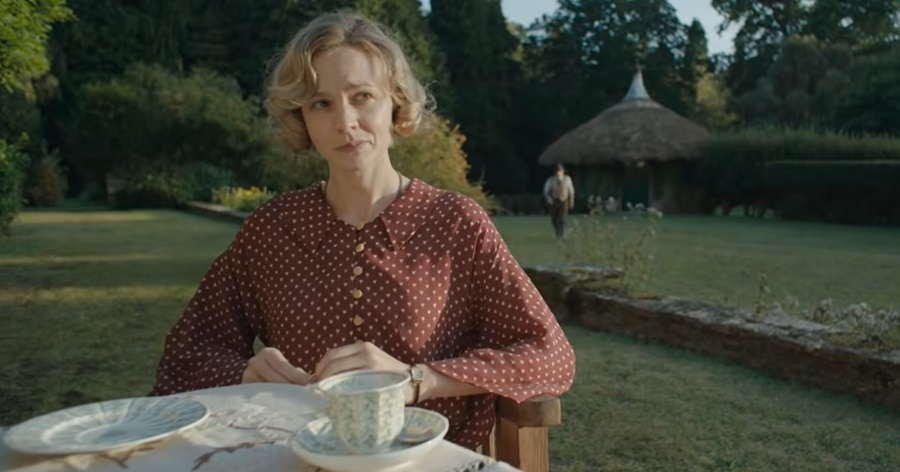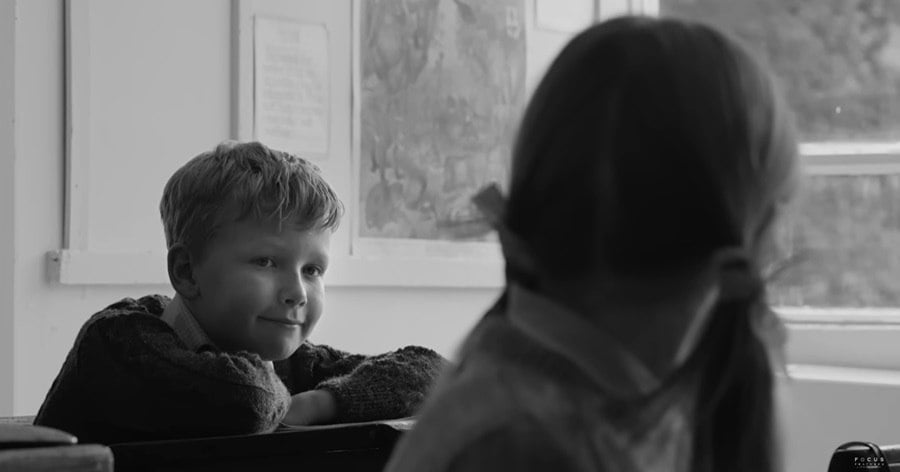The Lighthouse is a psychological horror film directed by Robert Eggers, released in 2019. Starring Willem Dafoe as Thomas Wake and Robert Pattinson as Ephraim Winslow, the film is set in the late 19th century and unfolds on a remote and mysterious island where the two characters are tasked with tending to a foreboding lighthouse. of themes such as isolation, madness, and the supernatural.
Plot Summary
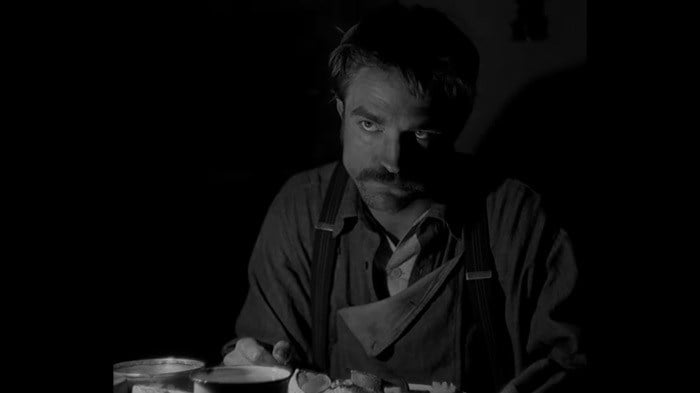
The Lighthouse opens with Ephraim Winslow arriving on a small boat at a desolate island to take up a position as the assistant lighthouse keeper under the supervision of Thomas Wake. The harsh weather, rugged terrain, and the imposing lighthouse create an eerie and isolated atmosphere from the outset. The power dynamic between Winslow and Wake is established early, with Wake asserting his authority and assigning Winslow menial and demanding tasks.
As the characters settle into their routine, the film paints a bleak picture of the isolation and monotony of their existence. Winslow, in particular, is subjected to the grueling and repetitive nature of his work, gradually wearing down his physical and mental resilience. The tension between the characters builds as Winslow becomes increasingly resentful of Wake's domineering and unpredictable behaviour.
Psychological Unraveling
The heart of the film lies in the psychological deterioration of both Winslow and Wake. Winslow is haunted by strange visions, dreams, and hallucinations, all of which contribute to his growing obsession with the mysterious light emanating from the lighthouse. Wake, on the other hand, is portrayed as an almost mythical figure, with tales of his previous assistants meeting tragic ends.
Winslow's descent into madness is portrayed with striking visuals and disorienting sequences. The film skillfully blurs the lines between reality and delusion, immersing the audience in Winslow's deteriorating mental state. His interactions with the island's wildlife become increasingly bizarre, and the supernatural elements of the narrative become more pronounced.
The relationship between Winslow and Wake becomes increasingly strained as Winslow questions Wake's authority and motives. Power struggles, paranoia, and a sense of isolation contribute to the palpable tension between the characters. The lighthouse itself becomes a symbol of mystery and malevolence, its secrets enticing and tormenting Winslow.
Obsession with the Lighthouse
Winslow's growing obsession with the lighthouse serves as a central theme in the film. Forbidden from approaching the lantern, Winslow is fixated on discovering the secrets it holds. The lighthouse becomes a symbol of forbidden knowledge and an object of desire, driving Winslow to the brink of madness.
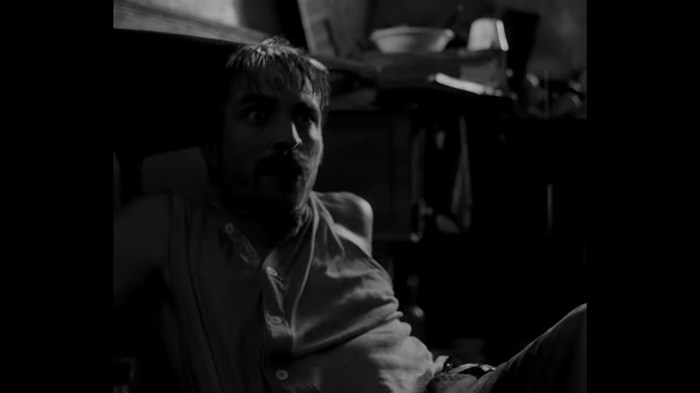
As Winslow's fascination intensifies, so does the film's use of symbolism and allegory. Maritime folklore, mythology, and psychological horror elements are seamlessly woven into the narrative. The audience is left questioning the significance of the lighthouse and the nature of the light that captivates Winslow.
The Ending
The climax of The Lighthouse occurs when Winslow finally gains access to the top of the lighthouse. Here, he confronts the mesmerizing and otherworldly light, leading to a moment of revelation. The film takes a surreal turn as the true nature of the lighthouse and its light is hinted at but remains shrouded in ambiguity.
The symbolism and allegorical elements are at their peak during this climactic sequence. Winslow's journey to the top of the lighthouse is both a physical and metaphysical ascent, and the film challenges the audience to interpret the significance of the unfolding events. The supernatural elements reach a crescendo as the boundary between reality and fantasy becomes increasingly blurred.
Violence and Power Dynamics
The film's climax is marked by a violent and chaotic struggle between Winslow and Wake. The power dynamics between the two characters, which have been simmering throughout the narrative, reach a breaking point. The struggle is symbolic of the broader themes of control, authority, and the clash between the rational and the supernatural.
The violence in the film is visceral and intense, mirroring the psychological torment that both characters experience. The lighthouse, which has been a focal point of their power struggle, becomes a battleground for their conflicting desires and perceptions. The line between victim and antagonist becomes blurred, adding complexity to the characters' dynamic.
Supernatural Storm and Ambiguity
As the climax unfolds, a supernatural storm of immense proportions envelops the island. The storm serves as a metaphor for the tumultuous forces at play in the characters' psyches and the mysterious nature of the island itself. The supernatural elements of the storm contribute to the film's overall sense of unease and impending doom.
The ambiguity of the film is heightened during these final moments. The true nature of the lighthouse, the significance of the light, and the consequences of Winslow's actions are left open to interpretation. The film embraces the surreal and the unknown, challenging the audience to grapple with the enigma that is "The Lighthouse."
Fate and Conclusion
In the aftermath of the climax, Winslow is found in a pitiable state. The film's conclusion is marked by a sense of inevitability, as Winslow's fate seems intertwined with the mystical elements of the island. The cyclical nature of the events suggests that there is no escape from the mysteries and torments that define the narrative.
The film ends on an ambiguous note, leaving many questions unanswered. Winslow's ultimate fate and the true nature of the lighthouse remain elusive. The closing scenes invite interpretation and analysis, with the audience left to ponder the symbolic and metaphysical elements of the story.
Interpretation and Symbolism
The Lighthouse is rich in symbolism and allegory, with elements drawn from maritime folklore, mythology, and psychological horror traditions. The lighthouse itself can be seen as a symbol of enlightenment, forbidden knowledge, or even a gateway to the supernatural. The light emanating from the lighthouse holds multiple interpretations, representing truth, revelation, or a source of torment.
The characters, Winslow and Wake, embody archetypal themes of power, control, and the struggle between order and chaos. Their dynamic is layered with psychological complexity, and the film's open-ended conclusion allows for a variety of interpretations regarding their motivations and fates.
The island, with its harsh conditions and isolation, serves as both a physical and psychological battleground. The supernatural storm that engulfs the island becomes a manifestation of the characters' internal conflicts and the mysterious forces at play. The film invites viewers to delve into the symbolic and metaphysical aspects, contributing to its status as a thought-provoking and discussion-worthy piece of cinema.

